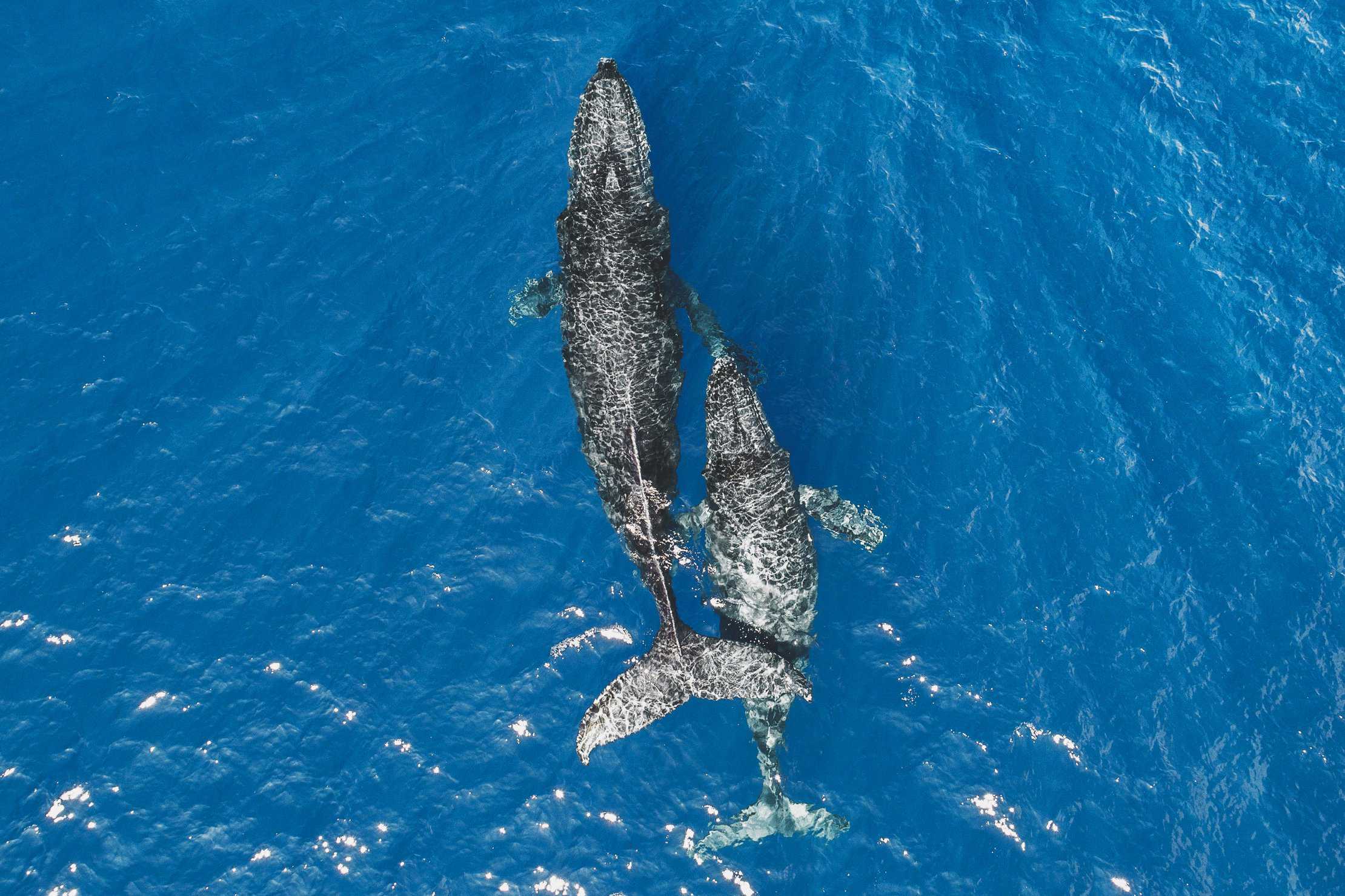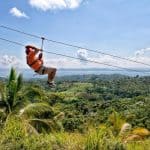Explore Los Haitises National Park: A Must-Visit Day Trip from Punta Cana
If you’re vacationing in Punta Cana and seeking an unforgettable escape into the heart of nature, Los Haitises National Park should be at the top of your list. This hidden gem, located on the northeastern coast of the Dominican Republic, offers a unique blend of adventure, history, and pristine natural beauty. Whether you’re a nature enthusiast, birdwatcher, or history buff, a visit to Los Haitises will leave you in awe. Here’s why this breathtaking park is a must-visit destination.
What is Los Haitises National Park?
Los Haitises National Park is a lush, protected reserve that spans over 618 square miles of tropical rainforest, mangroves, and sparkling coastal waters. The park is famous for its towering limestone karsts, or “mogotes,” that rise dramatically from the water, creating a stunning natural landscape. It’s also home to extensive cave systems adorned with ancient Taino petroglyphs, giving visitors a glimpse into the indigenous culture that once thrived in the area.
How to Get to Los Haitises from Punta Cana
While Los Haitises is not located directly in Punta Cana, it’s accessible via day trips that combine land and sea excursions. The journey usually involves a scenic drive to Sabana de la Mar or Samana, followed by a boat tour through the park’s mangrove channels, caves, and the bay. Many tour operators in Punta Cana offer guided tours to Los Haitises, making it a convenient and enriching adventure for travelers staying in the area.
Why Visit Los Haitises?
1. Incredible Wildlife
Los Haitises is a haven for wildlife, especially bird species. The park is a sanctuary for endangered species like the Hispaniolan woodpecker, brown pelican, and the magnificent ridgway’s hawk. It’s also a birdwatcher’s paradise, where you’ll spot flocks of frigatebirds and herons nesting along the coast.
2. Stunning Limestone Karsts
One of the main attractions of Los Haitises is its dramatic karst landscape. These ancient formations, formed over millions of years, rise like giant green islands from the water. The views of these rock formations from the boat are nothing short of awe-inspiring, offering one of the most picturesque settings in the Caribbean.
3. Caves and Taino History
Los Haitises is steeped in history, especially in its caves, which were once used by the Taino people, the island’s original inhabitants. The Cueva de la Línea, Cueva de la Arena, and Cueva de los Murciélagos feature ancient petroglyphs and pictographs, offering a glimpse into the spiritual and cultural practices of the Taino people. Exploring these caves is like stepping back in time.
4. Eco-Tourism
Los Haitises is a prime destination for eco-tourism. The park is a UNESCO-recognized biosphere reserve, and it offers eco-conscious travelers an opportunity to connect with nature in an untouched environment. The park’s mangroves and coastal waters are essential for the region’s biodiversity and provide a vital habitat for many species.
Tips for Visiting Los Haitises from Punta Cana
- Book a Tour: The best way to experience Los Haitises from Punta Cana is through a guided tour. Many tours include transportation, a boat ride, and a knowledgeable guide who can explain the history, wildlife, and ecology of the park.
- Pack for the Day: A visit to Los Haitises is a full-day excursion, so pack sunscreen, a hat, bug spray, and plenty of water.
- Camera Ready: The landscapes and wildlife in Los Haitises are picture-perfect. Don’t forget your camera or smartphone to capture the park’s beauty.
Conclusion
For those looking to break away from the beach resorts of Punta Cana and immerse themselves in the wild beauty of the Dominican Republic, Los Haitises National Park offers an unparalleled experience. From the stunning limestone karsts to the rich biodiversity and historical significance, it’s a destination that will add a unique chapter to your Caribbean adventure.
Plan your trip to Los Haitises National Park today and experience the best of the Dominican Republic’s natural and cultural heritage!




















